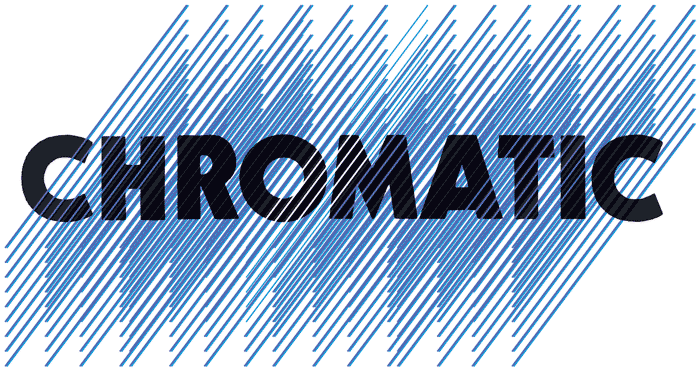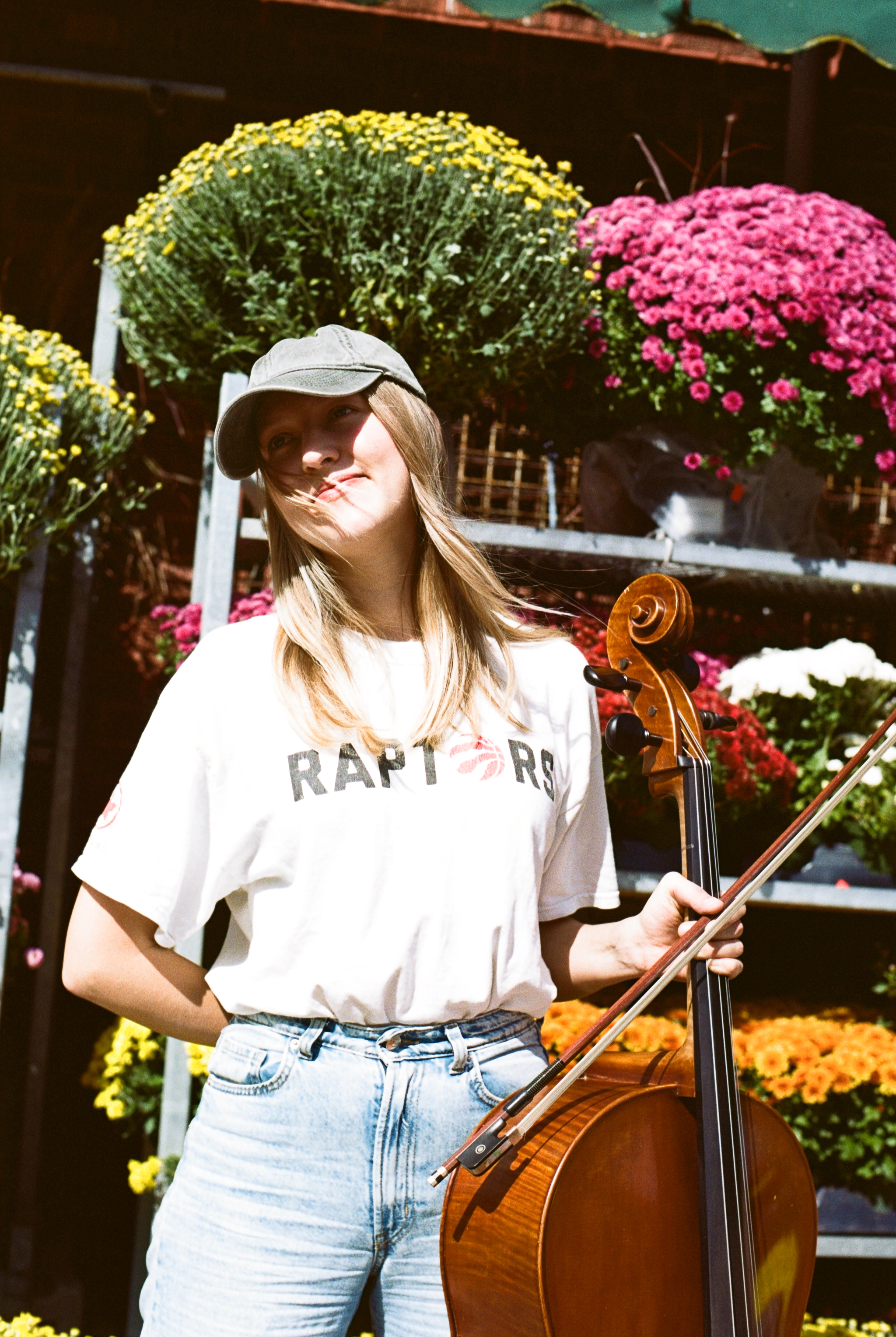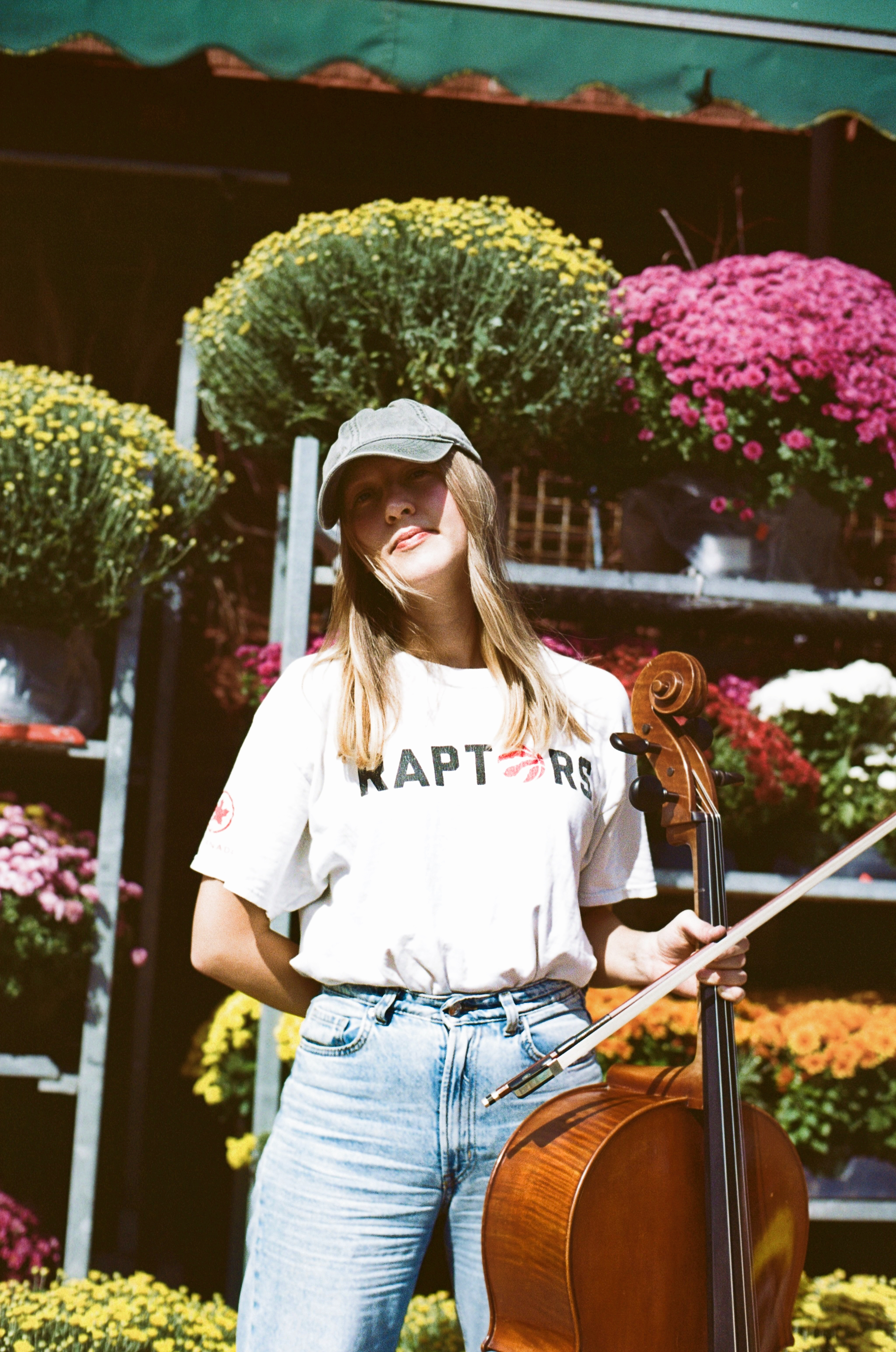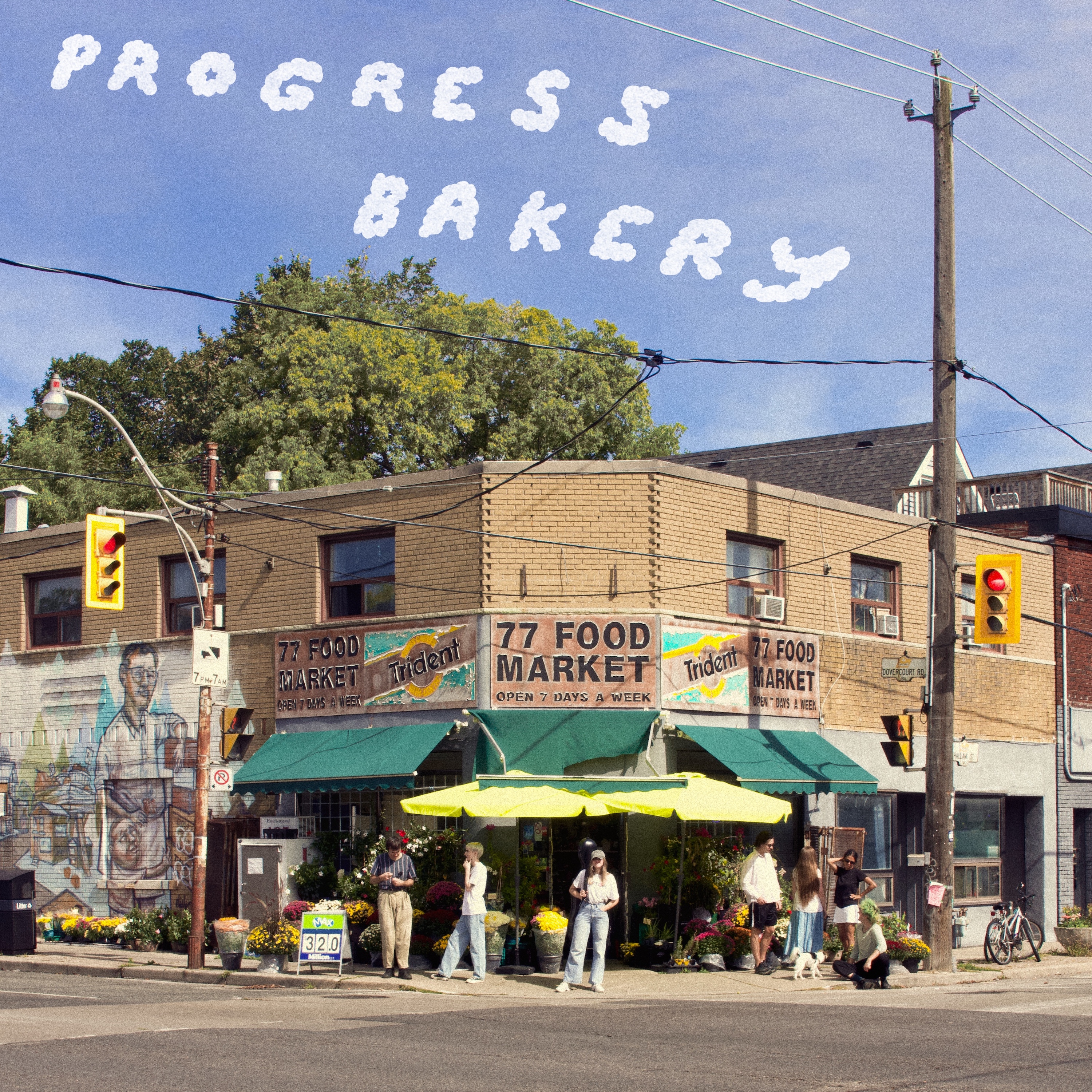ELIZA NIEMI
Progress Bakery LP (Tin Angel Records)
Kneading dough is tricky. You should know how it’s supposed to feel, and if you try too hard, you could make it worse. It’s a beautiful practice–creation with a gentle touch. This is the same instinctual skill Toronto-based artist Eliza Niemi has cultivated in her songwriting over decades. Before she became a cellist and vocalist, her father taught her the basics of bass and guitar at home. They would play together by ear, which fostered her deep musicality and a creative ethic that prioritizes joyful collaboration.
On Progress Bakery, her second solo LP, Niemi’s simple, miraculous, intuitive music is given further form by a much larger group of friends. Recorded with Louie Short–who co-produced the album along with Niemi, Jeremy Ray and Lukas Cheung (Mother Tongues)–she achieved new, soul-nourishing heights. Her music is at once delicate and playful, with melodies precisely cast like stones across clear water, touching down only briefly with uncommon grace. Niemi slip-slides through words, sounds, and images, delighting in surprise. “A few years ago I sublet an apartment during a pretty heavy time in my life, and right down the street was a spot called Progress Bakery,” Niemi explains. “I would walk by it every day on my way to work, often get a coffee, and chew on its name all morning. I thought it was quite funny and weirdly fitting for where I was at in my life. Their sign out front is half fallen off (it says ‘gress bakery’) and their espresso is amazing–it's like jet fuel. It embodies many juxtapositions and overall has a really warm and heartening feel.”
Across the LP, she knows to leave some questions alone and to instead let lyrical ambiguity and tension be the proof. Niemi teases out truth and meaning by asking questions. She poses two seemingly unrelated ones on album standout “Do U FM,” as a rising guitar melody spiders up a scale: “What happens when your people die? Why’d they move the rock to the other side of Ulster Park?” When she admits “but I don’t know how to tell if I’m feeling it or not,” the thought surfaces through the text and is reiterated throughout the LP. The tension provoked between those opening lines resurfaces in the strands between other songs–notably on “Novelist Sad Face,” a short, acapella rendering of gentle curiosity (“How do you leave them wanting more? / How do you leave the door open? / But nobody likes an open door”).
In addition to her own work as a singer/songwriter and multi-instrumentalist (primarily cello, as well as keys, bass, and guitar), Niemi enlisted help throughout Progress Bakery from her local community, including: drums by Evan Cartwright (Cola, Jennifer Castle, Andy Shauf); vocals by Dorothea Paas (U.S. Girls, Fucked Up); keys by Kenny Boothby (Little Kid); and percussion by Ed Squires (U.S. Girls), among others. These kinds of collaborative moments often fuel her work, whether as a solo artist, in ensembles, or while releasing music as the founder of her own label, Vain Mina Records. Niemi first made a home in Halifax’s rich music scene with experimental pop groups New Love Underground and Mauno, and later in her role supporting artists like Jonah Yano, Dorothea Paas and Evan J. Cartwright. Through the rhythms of touring, Niemi established wide roots across Canada's DIY music communities, and these connections continue to live in the intimacy of her recordings. Her full-length debut, 2022’s Staying Mellow Blows, is a whimsical, inspired work that demonstrated an artist flourishing in the company of friends and musical comrades. It was longlisted for the 2023 Polaris Music Prize and earned praise and support from Exclaim!, Post-Trash, and more.
“I wanted to make an album like the bakery’s broken sign–funny, strange, warm, melancholic and hopeful, that embodied this feeling of making steady yet non-linear progress. I chose to show my process more than in my previous releases–to zoom in on little moments in my thinking about and writing of the album. Sometimes you have to dissect something to be able to understand or move through it,” she explains. Every transition, known or unknown, carries the weight of new meaning. There is a trick you can use to tell if a dough is glutinous enough: stretch it out as thin as you can without breaking it, and hold it up to the light. If you can see through it, even if it renders the world murky and uncertain, leave it alone. This is something Eliza seems to know intuitively: work gently, ask questions, and don’t always expect answers. And when you can, take a glimpse at something new, and then leave it alone.







